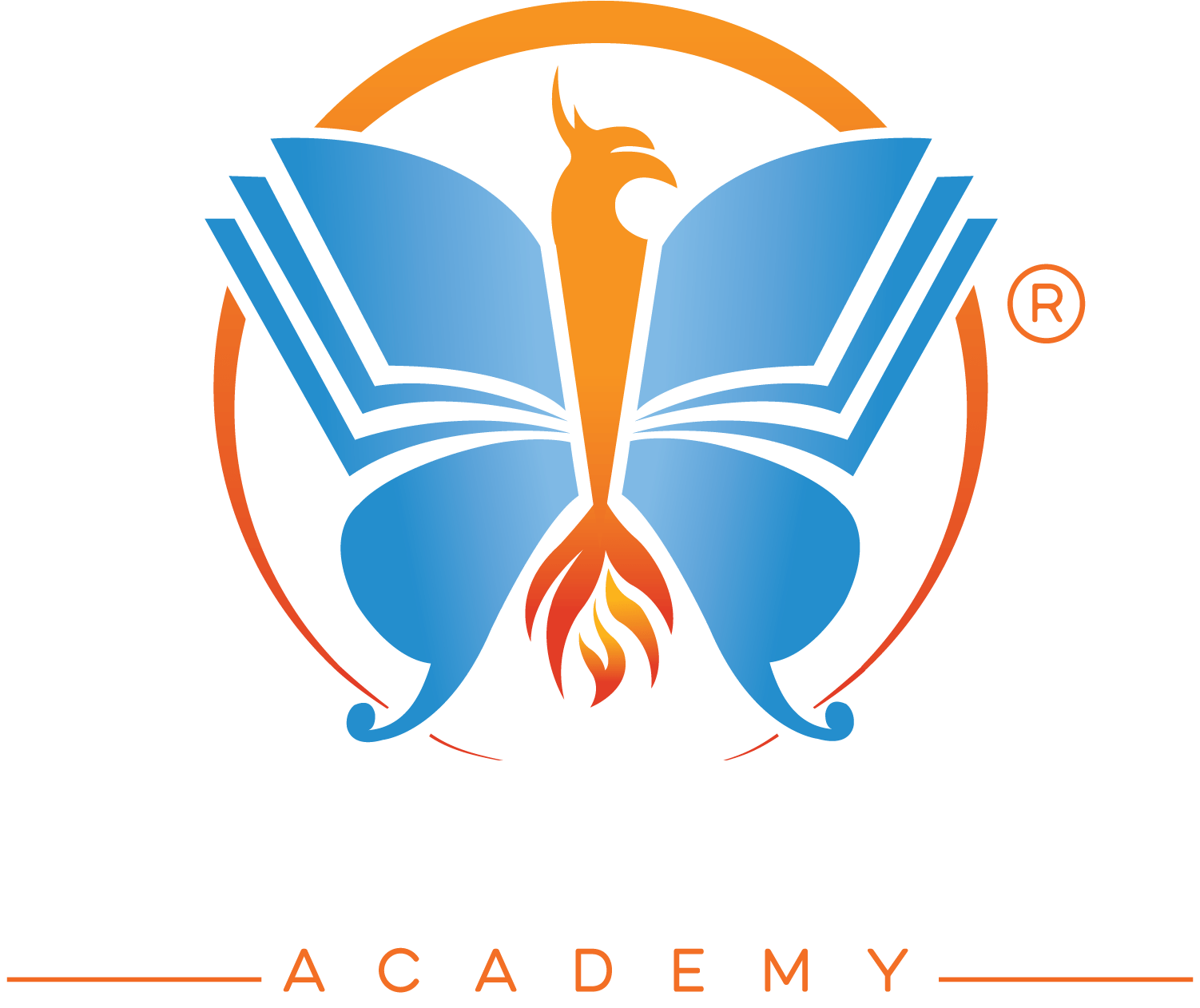 https://transformationacademy.com/wp-content/uploads/2025/03/pexels-markus-winkler-1430818-30945295-scaled.jpg
1707
2560
Joeel & Natalie Rivera
https://transformationacademy.com/wp-content/uploads/2021/03/Transformation-Academy-L-300x252.png
Joeel & Natalie Rivera2025-04-09 17:52:072025-03-20 16:35:03Overcoming Limiting Beliefs: A Guide for Coaches
https://transformationacademy.com/wp-content/uploads/2025/03/pexels-markus-winkler-1430818-30945295-scaled.jpg
1707
2560
Joeel & Natalie Rivera
https://transformationacademy.com/wp-content/uploads/2021/03/Transformation-Academy-L-300x252.png
Joeel & Natalie Rivera2025-04-09 17:52:072025-03-20 16:35:03Overcoming Limiting Beliefs: A Guide for CoachesIMPACT Coaching Spotlight—Lenny Hunt
Here at Transformation Academy we are excited to announce February’s IMPACT Coaching Spotlight—Lenny Hunt!
Our goal with this initiative is to recognize and celebrate members of the IMPACT Coaching Collective who demonstrate the heart, leadership and service it takes to be an impactful coach. IMPACT is a community of like-minded, heart-centered life coaches who come together to learn, practice and grow.
Get 30 days free in the IMPACT Community: https://store.transformationacademy.com/pages/join-the-community
Listen to this interview on the Profitable Coach Podcast: https://store.transformationacademy.com/pages/ep64-impact-member-lenny-hunt-turning-loss-into-good-grief
About LENNY:
Lenny Hunt, Boise, Idaho
https://lennyhuntcoaching.com/
https://www.instagram.com/lenny_hunt_grief_coach
https://www.tiktok.com/@thelennyhunt
Lenny Hunt is a Grief Coach, Verified Content Creator (over a quarter million followers across all social media), and TEDx speaker from Boise, Idaho. As a grief coach, Lenny offers a unique blend of empathy, healing, and a practical understanding of grief through simple object lessons, art projects and even science experiments. His experience in helping individuals navigate the complexities of loss equips him to connect with audiences on a deeply emotional level. Lenny provides not only comfort, but also actionable tools to help others process their grief and envision a future filled with hope. His compassionate approach can inspire, uplift and empower those on their healing journey, making a lasting impact on their lives.
INTERVIEW:
Q: Let’s take it back to the beginning. What first inspired you to become a coach?
In January 2011, I was in a car accident that changed my life. My sons, Dawson, who was 12, and Devin, who was nine, passed away in that accident. I didn’t lose consciousness, so I saw everything. Afterward, I didn’t have anyone to guide me through the grief. I tried group therapy, one-on-one counseling, and even psychiatrists, but nothing worked for me. My life became unproductive, and I lost my marriage and friends. I wasn’t processing my grief correctly.
Eventually, I decided I couldn’t live like that anymore. I wanted to find a way back to myself, and that’s where my passion for coaching began. I realized I wanted to help others avoid the same dark path I went down. It wasn’t just about recovering my life; it was about ensuring others had support systems I lacked. This realization became a driving force for my work.
I started educating myself on grief and healing. I explored everything from therapy techniques to personal development methods, blending these learnings with my lived experiences. It became clear that my journey could help others avoid falling into the destructive patterns I’d experienced. This was the seed of my coaching practice.
Q: You mentioned struggling with grief. Can you share more about what that looked like for you?
Absolutely. The phrase “there’s no right or wrong way to grieve” gets thrown around a lot, but there are boundaries. If what you’re doing is destructive to yourself or others, that’s not the right way to grieve. For me, it led to rehab, divorce, and a lifestyle of filling the void with negative behaviors. I didn’t have anyone guiding me, or I rejected those who tried. It’s why I’m passionate about helping others find positive ways to process grief.
I spent years in what I call the “ugly side” of grief. It’s a place where you’re consumed by pain, and your coping mechanisms hurt more than they help. For me, that meant numbing the pain with substances and withdrawing from those who cared about me. It’s a vicious cycle—the more I pushed people away, the lonelier and more destructive I became.
When I reflect on that time, I see how crucial it is to have someone who can guide you out of the darkness. That’s what I aim to be for my clients. Grief is messy and complicated, but it doesn’t have to lead to complete isolation and despair. There are healthier, more constructive ways to honor your pain while finding hope and purpose.
Q: What did the journey to healing and becoming a coach look like?
For me, healing started when my parents intervened. They moved me to Boise, Idaho, gave me an apartment, and told me I needed to rebuild my life. It was heartbreaking for everyone, but it was the wake-up call I needed. Later, I met my wife, an amazing woman who’s been my biggest supporter. She’s guided me and helped me make better choices.
During the COVID-19 pandemic, I discovered TikTok. I started making videos to share my grief journey and survivor’s guilt. To my surprise, people connected deeply with what I shared. They told me I was saying what they couldn’t express. That’s when I realized I could turn my pain into a platform for helping others. Healing wasn’t a linear process, though. There were setbacks and moments of doubt. TikTok became a surprising but powerful outlet for me to process my grief while building a community of people who understood. It was both cathartic and empowering. Over time, the messages of gratitude from strangers solidified my belief that sharing my story could make a real difference.
Q: What was the turning point that led you to take coaching seriously?
The first time someone paid me to walk them through their grief was a game-changer. I began creating a curriculum and growing my audience through podcasts and social media. Joining Transformation Academy’s Coaching with Confidence program also played a huge role. It gave me the push to double my prices, refine my offerings, and even pursue public speaking. That’s how I ended up doing a TEDx talk at Idaho State University.
That first client was pivotal. It wasn’t just about earning money; it was about realizing that my experiences and insights could be a lifeline for someone else. I saw how my story resonated and began to structure my coaching into a program that could deliver real results. I wanted to create something sustainable and impactful.
The Coaching with Confidence program was transformative. It gave me the tools to approach coaching as both an art and a business. The encouragement I received pushed me to think bigger—to not just coach, but to speak on larger platforms and expand my reach. Each step reinforced my belief in the value of my work.
Q: How has coaching transformed your life?
Coaching has been life-changing. It’s heavy work, especially focusing on grief, but helping others gives my pain purpose. My wife and I decided early on that I needed a counselor to process the emotional weight of my work. She even attends sessions with me, which has been incredibly grounding. Having that support system allows me to stay present for my clients.
Being a coach has given me a sense of fulfillment that I didn’t know was possible. It’s allowed me to take one of the most painful experiences of my life and use it to bring hope and healing to others. There’s a profound satisfaction in knowing that my story can inspire and uplift someone else during their darkest moments. It’s not just my clients who benefit—coaching has also deepened my relationships. It’s taught me to communicate more openly and to value connection on a whole new level. The growth I’ve experienced personally is a testament to the power of this work.
Q: You’ve mentioned using creative outlets in your coaching. Can you elaborate?
I use creative tools like art projects, science experiments and memory boxes to help clients process their grief. One example is the “Good Grief Box.” It’s a container filled with items that remind clients of happy memories with their loved ones. For instance, my box is a giant LEGO piece because my sons loved LEGOs. Inside, I keep items like a peanut M&M wrapper that holds a cherished memory. These tangible reminders help clients flip the narrative from focusing on loss to celebrating meaningful moments.
The creative process is incredibly therapeutic. It allows clients to engage with their grief in a way that feels manageable and even hopeful. Whether it’s creating art or assembling a memory box, these activities give clients a sense of agency over their healing journey. They’re not just processing their grief; they’re transforming it into something beautiful.
This approach also helps clients discover strengths and perspectives they didn’t know they had. It’s amazing to witness someone find joy and gratitude in memories they once thought were too painful to revisit. Creativity has a way of unlocking healing in ways traditional methods often can’t.
Q: What’s the most challenging part of running a coaching business?
I built my business on social media, primarily TikTok. While it’s been rewarding, it’s also exposed me to criticism. Some people accused me of using my sons’ deaths to profit, which was devastating. I had to step back and remind myself why I do this work. My focus is honoring my sons’ legacy and helping others. I can’t let negativity overshadow that mission.
Navigating the online world can be tough. Social media is a powerful tool, but it’s also a space where misunderstandings and negativity thrive. Learning to separate constructive feedback from harmful criticism has been a crucial lesson. It’s not always easy, but it’s necessary for staying focused on what matters. The emotional toll of working in a deeply personal niche adds another layer of complexity. Balancing vulnerability with professionalism requires constant self-reflection and support. Despite the challenges, the rewards far outweigh the difficulties, and I remain committed to making a difference.
Q: And what’s been the most fulfilling part of coaching?
Seeing clients find “good grief” moments is incredibly rewarding. When they realize grief doesn’t have to be entirely painful—that they can find joy in memories —it’s transformative. I also love when clients are inspired to help others. Knowing my work has a ripple effect is deeply fulfilling.
One of the most beautiful aspects of coaching is witnessing transformation. Clients often come to me feeling broken—and seeing them rediscover hope and resilience is nothing short of magical. These moments remind me why I do this work and keep me motivated to continue.
There’s also something profoundly humbling about being trusted with someone’s grief. It’s an honor to hold space for their pain and guide them toward healing. The connections I’ve built with clients are among the most meaningful relationships in my life.
Q: How do you handle the emotional intensity of your niche?
It’s essential to have outlets. Counseling is a big one for me. I also lean on my wife and colleagues for support. Additionally, I’ve learned to set boundaries and not take on more than I can handle. It’s a balance of being present for clients while taking care of myself.
Having a support system is critical. My wife has been my rock, attending counseling sessions with me and providing unwavering encouragement. I also make a point to connect with peers in my field, sharing experiences and strategies for managing the emotional weight of our work.
Self-care practices like mindfulness and creative expression also play a role. They help me recharge and maintain the emotional resilience needed to support my clients effectively. It’s a constant balancing act, but one I’ve grown better at navigating over time.
Q: What advice would you give to new coaches?
First, know that imposter syndrome is normal. Everyone starts somewhere. Second, don’t waste time or money on things that don’t matter. Focus on being of service and building genuine connections. Lastly, if social media isn’t your strength, that’s okay. Find what works for you and lean into it.
Building a coaching practice takes time and patience. It’s easy to get caught up in comparison or to feel like you need all the bells and whistles from day one. My advice is to start small and stay true to your vision. Authenticity goes a long way in building trust with clients.
Finally, don’t be afraid to ask for help. Whether it’s from mentors, peers or professional networks, having a community of support can make all the difference. Coaching is about connection, and that starts with fostering relationships in your own life.
Q: What impact do you hope to make through your work?
I want people to know they’re not alone. Grief is hard, but there’s a way to process it that brings healing rather than harm. My mission is to show people that, while grief can be ugly, it can also be good. There is hope, and there is joy to be found, even in the hardest moments.
Beyond helping individuals, I hope to shift the broader conversation around grief. I want people to see it not as something to fear or avoid, but as a natural and even transformative part of life. By changing the narrative, we can create a more compassionate and supportive world for those who are grieving.
Ultimately, my goal is to inspire others to find purpose and meaning in their pain. Whether through coaching, creative outlets, or simply sharing their stories.









